Meet our FPN Alumni
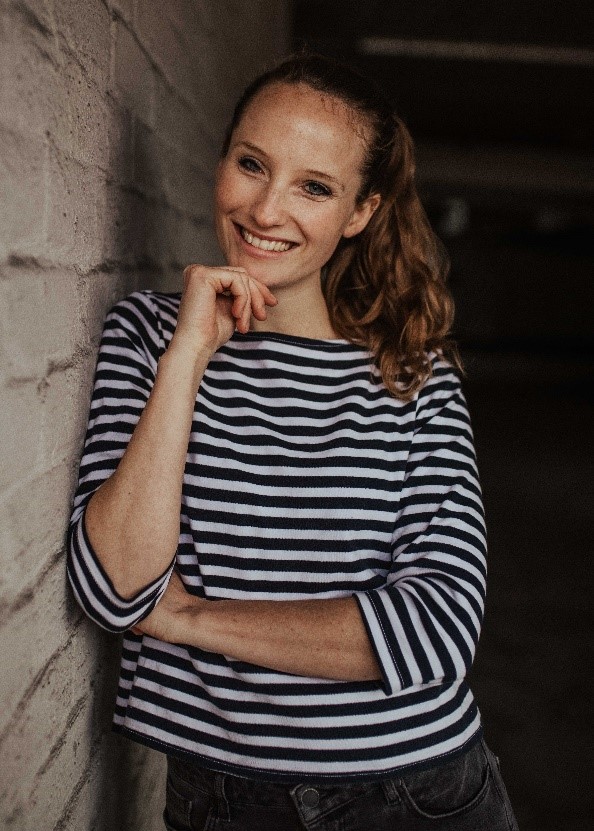 |
Christiane Dihm Master in Psychology, Work & Organisational Psychology t Year: 2017/2018 Current jobs:
My work in HR Development includes tasks such as:
My work as a freelance Psychologist currently includes:
|
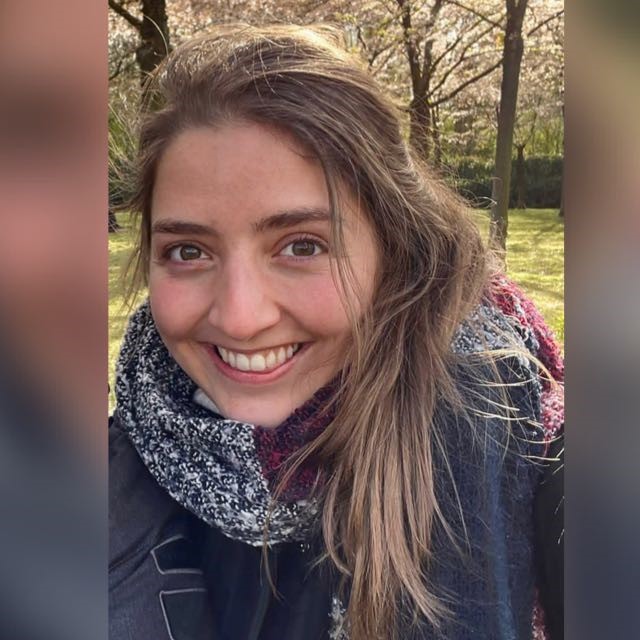 |
Pauline van Gils Pauline van Gils was born and raised in Noord-Brabant in the Netherlands. She obtained her Research Master in Psychopathology at the University of Maastricht in 2020 after gaining her BSc in Psychology and Neuroscience also in Maastricht. She first did a research internship at Maastricht University, during which she investigated the efficacy of cognitive behavioral therapy combined with visual imagery methods in reducing feelings of anger and hostility. Afterwards, she did a clinical internship at the Zuyderland hospital in Sittard at the medical psychology department. There she worked with patients with brain injury. Then, she started working as a PhD researcher at the University of Twente and the University of Maastricht. The topic of her research is developing an intervention to help people who suffered brain injury and cognitive impairment after a cardiac arrest. The interventions she is currently investigating are strategy training and non-invasive brain stimulation (rTMS). She is part of the Limburg Brain Injury Center. This is a group of researchers at the UM that do not only research and teaching, but also focus on spreading knowledge about the brain and brain injury to patients and the general public. |
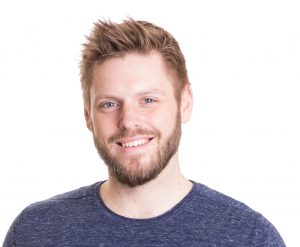 |
Job van den Hurk Job van den Hurk is a cognitive neuroscientist. After his Bsc in psychology and Msc in cognitive neuroscience, he obtained his PhD at Maastricht University for his research on higher order visual processing. He then worked as a postdoctoral research fellow at the Catholic University of Leuven, Belgium, where he studied how visual brain regions of congenitally blind people are functionally organized. He mainly uses functional and structural MRI as neuroimaging methods, and unravels the data using computational modeling and machine learning techniques. At this moment, he works as scientific manager at ultra-high field MRI center Scannexus in Maastricht, as well as assistant professor at Maastricht University.
Job is co-founder and editor-in-chief of award-winning scientific platform BrainMatters, which intends to make neuroscience accessible to the broader public. He also writes blogs and articles for the writer’s collective Kaf.online, and is co-host of the Dutch tv show ‘Brainstorm’ |
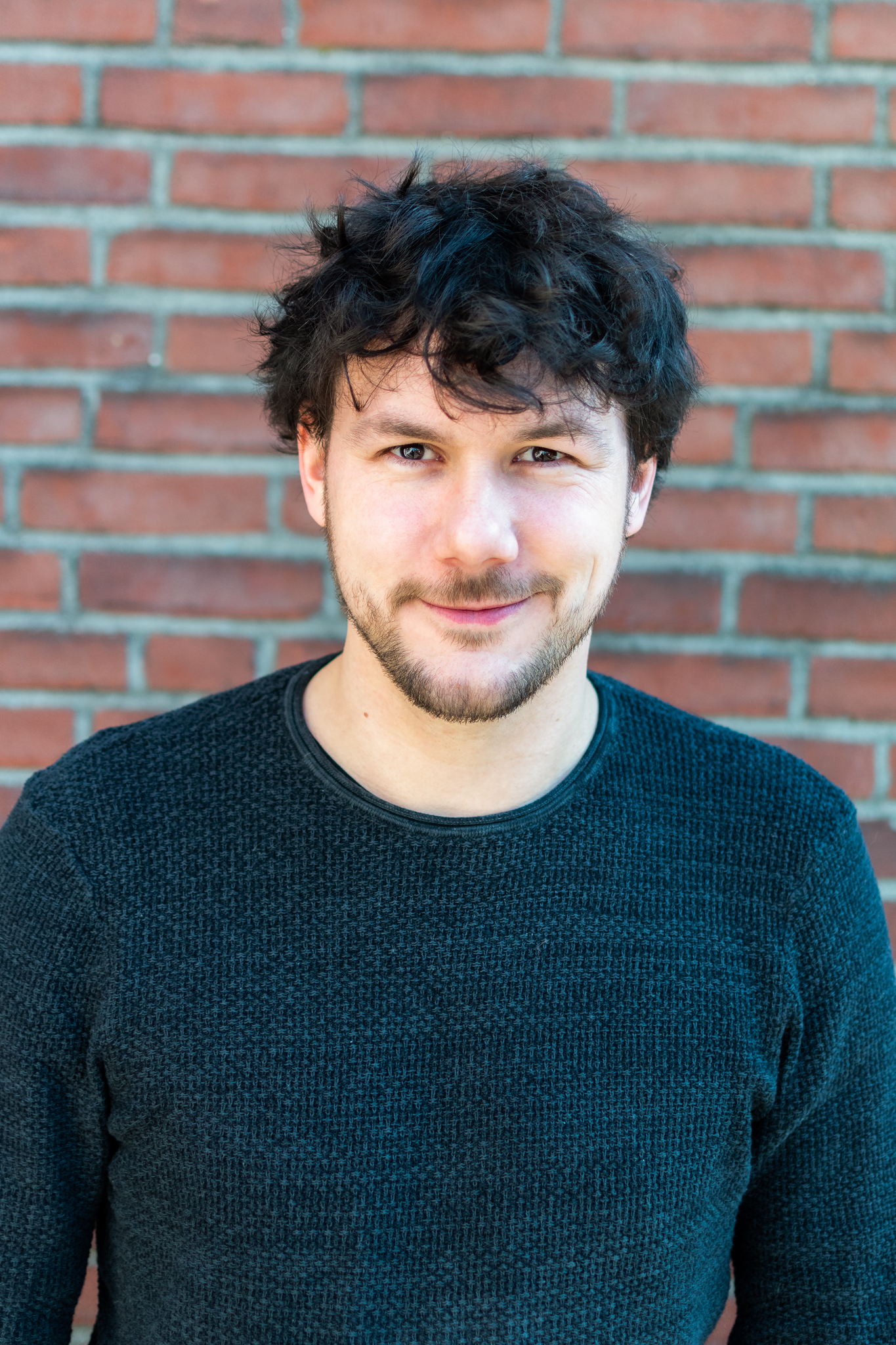 |
Kai Karos Kai Karos was born in Aachen, Germany and then did his bachelor’s in psychology at Maastricht University. Afterwards he completed the Research Master in Psychopathology at Maastricht University. After the master he worked for a short period at a forensic hospital in Maastricht belonging to De Rooyse Wissel. Here he was involved in a large randomized controlled trial to investigate the efficacy of schema-focused therapy for forensic patients with personality disorders (e.g., psychopathy). Subsequently, he started his PhD at the KU Leuven in Belgium under the supervision of Prof. Johan Vlaeyen on the topic of social influences on acute and chronic pain. After obtaining his PhD he continued as a postdoctoral researcher in Leuven, studying social learning in pain. In the summer of 2021, he will start a new job as assistant professor at the Open University in Heerlen. In addition to being a researcher, he is also frequently involved in teaching at FPN and UCM with lectures on pain, aggression, and free will. |
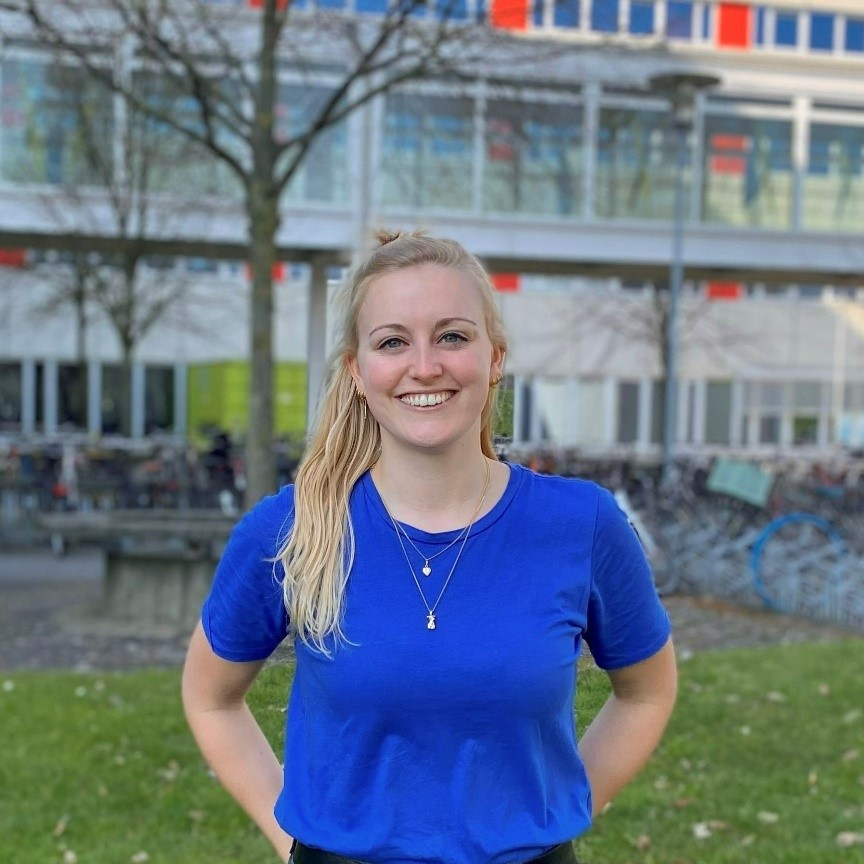 |
Marilien Marzolla Marilien Marzolla grew up in a small town in the south of the Netherlands. She completed her BSc in Psychology at Maastricht University in 2017, where after she applied for the Research Master in Neuropsychology. She did her research internship at Oxford University, working on neurofeedback for stroke rehabilitation at the Wellcome Centre for Integrative Neuroimaging. Her internship led her to a full-time research assistant position in the same research group, where she worked until 2020. She applied for research positions back in the Netherlands and got a job as junior researcher in the Neuropsychology & Psychopharmacology Department at Maastricht University. With a new grant, she was able to turn this into a 4-year PhD position and is now working on sensory hypersensitivity after brain injury within the Limburg Brain Injury Center. Being in the second year of her PhD, she is now mainly working on publishing existing data as well as preparing a new study. Next to her research activities, Marilien is teaching at FPN and working with patients at the memory clinic in the hospital. |
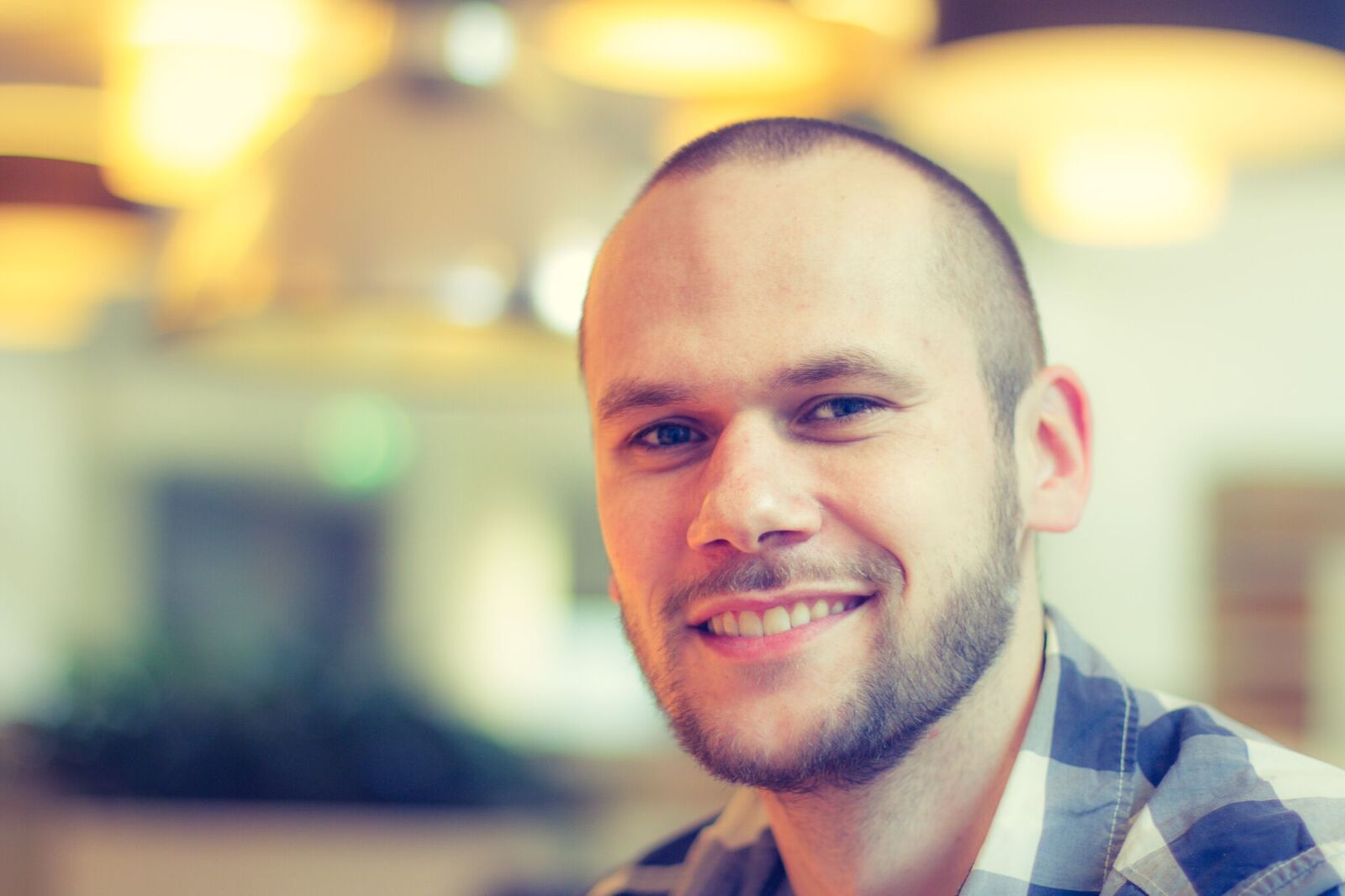 |
Peter van Mulken Master: Psychology and Law (Legal Psychology) I completed my master Psychology and Law In 2011. Before I started the master, I knew I wanted to either work as a PhD study at the University or to use my knowledge within the police force and develop it further. After my master, I was lucky enough to work on a PhD research at the University. After a year, the external funding was withdrawn and the research project ended. Shortly thereafter, I applied for the position of investigation expert at the police department. There a strict application policy for this job and unfortunately, I did not meet all the requirements. The national police was founded in 2013 and there were no job possibilities, which meant my plans looked different than I had thought. Therefore, I started to look for a job where I could grow and develop. Eventually, I ended up at Vodafone where I worked as an e-learning specialist and developed different trainings, but I knew this is not where I wanted to stay. While I was looking for my next challenge, new jobs became available at the national police. It was now or never. In 2017, I applied for the position police expert. This is a College Bachelor's degree programme that connects to my master's programme. It’s also a dual training which means that I am also in service of the police and work in the police corps during my training to apply my new (and old) skills. Since I already have a scientific training completed, I follow the shortened training at the Police Academy and this increases my chances within the organisation. The police is a broad organisation and there are many opportunities for people with a higher education. It is, of course, nice and convenient if you have experience on the street, but there is enough time for that during the training. It is now up to me to choose the direction that best suits me. |
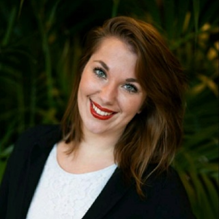 |
Linda Olivers Linda Olivers is a twenty-seven-year-old woman from Maastricht, who has studied Psychology at the University of Maastricht. After her bachelor, she decided to continue with a master ‘Psychology and Law’, because of her interests in Forensics. After a research internship at a forensic facility for youngsters, she decided to do a second master, Mental Health – Children & Youngsters - that offered her the opportunity to interact more directly with children, youngsters and their families. Experiencing the joy that working with this target group brings, she decided to commit herself to a role of psychologist/behavioral scientist. For three years she has worked now at Child Protection Services Maastricht, investigating protective and disturbing factors of influence on the development of (vulnerable) children & youngsters and advising both parents and court on which path to take in order to reach a better well-being.
|
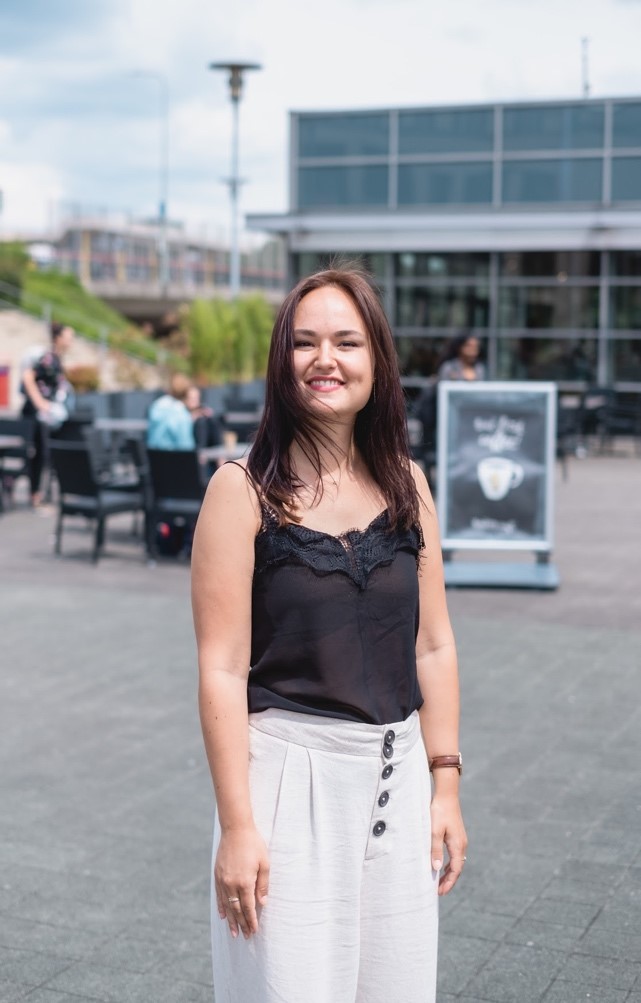 |
Ola Pres Master in Neuropsychology Academic year 2018/2019 Job title: Neuropsychologist at NTC (Neurologisches Therapiecentrum) in Cologne Full time since July 2020 In a team of neurologists, speech therapists, physiotherapists, ergotherapists, social workers and nurses Tasks: 1.Rehabilitation of patients with neurological conditions:
2.Neuropsychological assessments for geriatric patients at affiliated the hospital:
|
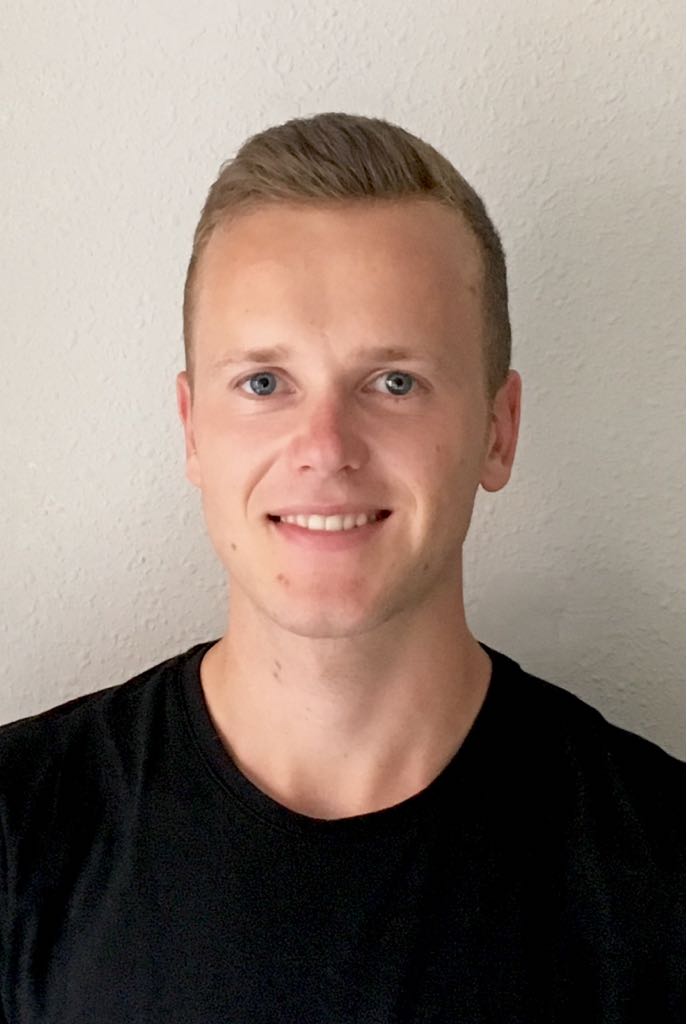 |
Renzo Riemens Renzo J.M. Riemens was born and raised in the south of Zeeland, the Netherlands. In 2014, he successfully obtained his Bachelor’s degree in Biomedical Sciences with a specialization in Molecular life sciences at Maastricht University, after which he entered the Research Master programme in Cognitive and Clinical Neuroscience with a specialization in Fundamental Neuroscience. For the compulsory 9-month internship, Renzo joined the research team of Dr. Raul Delgado-Morales and Prof. Dr. Manel Esteller at the “Institut d'Investigació Biomédica de Bellvitge” (IDIBELL), in Barcelona, Spain. During his internship, Renzo was assigned to a project aimed at characterizing and optimizing a neuronal in vitro model system derived from human neural stem cells within the context of Alzheimer’s disease (AD). After successfully completing his Research Master studies in 2016, Renzo started a joint-PhD programme focused on neuroepigenomics in AD between Maastricht University and the Julius Maximilians-University, in Wuerzburg, Germany, under the primary supervision of Dr. Daniel van den Hove and Prof. Dr Thomas Haaf, respectively. In 2020, Renzo was awarded with a Kootstra Talent Fellowship for young talented scientific researchers by the Maastricht UMC+ Research Committee (WMUMC+) to fund his ow post-doc position. Currently, Renzo is a post-doc fellow in the group of Prof. Dr. Daniel van den Hove and Dr. Gunter Kenis at the Department of Psychiatry and Neuropsychology, Maastricht University, further expanding his research on neuroepigenomics in AD trough the implementation of both targeted and epigenome-wide (single cell) approaches, as well as induced pluripotent stem cell-based model systems. |
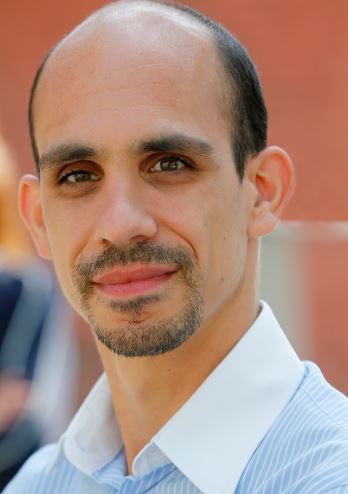 |
Marwin Snippe He studied the bachelor of Psychology and continued his study with the master Social & Health Psychology. After his master, he ended up working at CZ – a health insurance company – doing data analysis on health fraud. Investigating health companies on possible fraud he also continued (and continues to do so) working on a PhD in Psychology. The subject of the PhD centres on self-identity in the health psychology theory: the Theory of Planned Behaviour. At this moment, he works as a data analyst at Stichting Radar in healthcare. Using regression analysis, structural equation modelling and factor analysis he tries to create new insights in health psychology. At his work, he tries to gain further insight in how to better provide insights to enrich the alumni experience using visualisation as a main tool. His hobbies are mindset, personal development and motivation. |
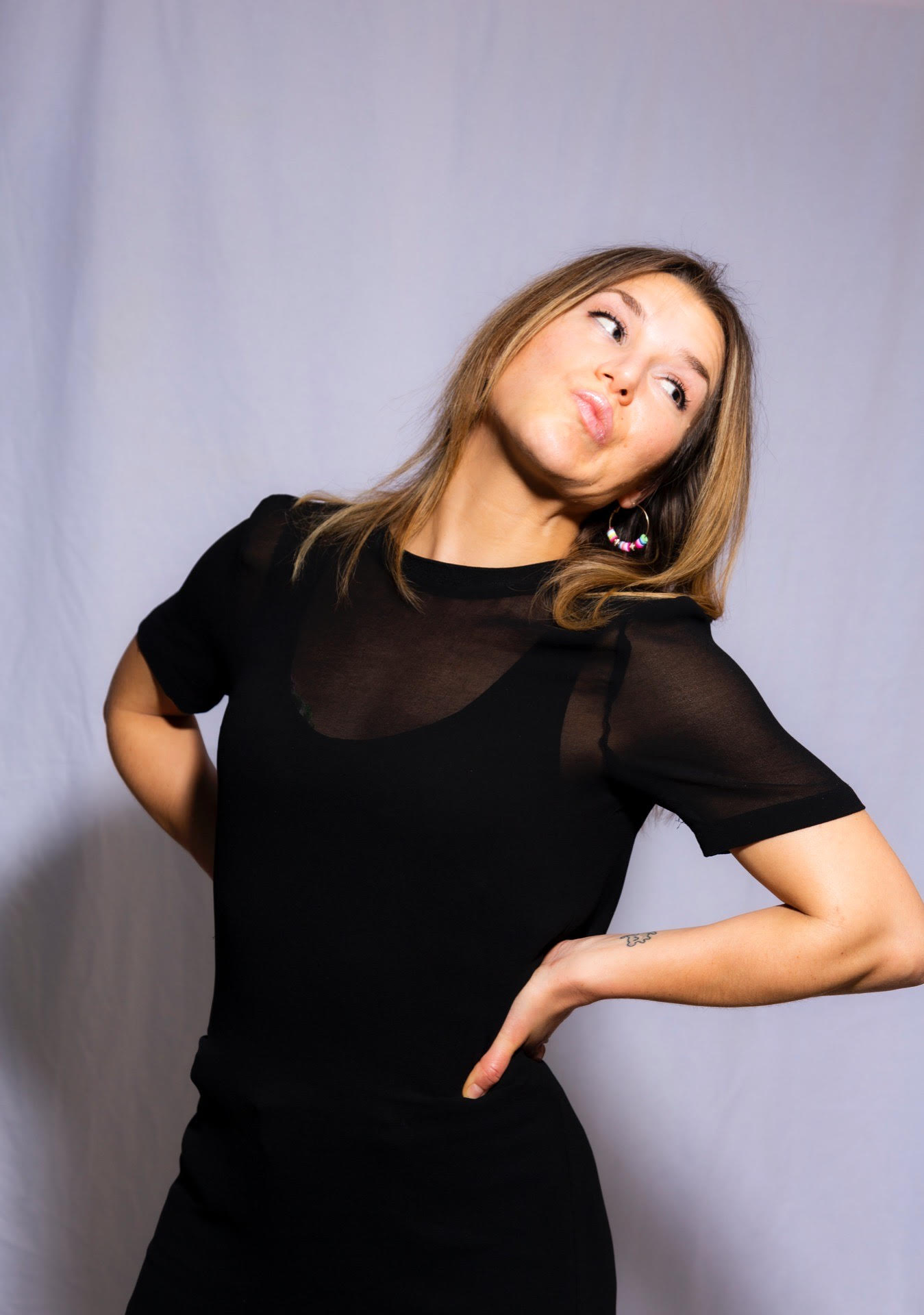 |
Sophie Thijs Sophie is one of the many examples that show it is not only about diplomas and achieving goals, but also to be happy with the development you make while working towards a job. As a Flemish person she came into the open Dutch study and work mentality and started working as a child and family psychologist at the age of 23. The university regarded it as normal to work as hard as possible towards a post-master's degree (gz-psychologist or remedial educationalist-generalist), but she felt like an exception because she did not want to do this. There was so much pressure on prestige, making money and being busy. It took years to dare to apply a different method in her work as a psychologist. Plus, as a young adult, she found herself wanting to develop so many other talents besides the standard idea of 'go work in something that will give you a stable income'. Now, 13 years later, she combines work as an independent youth and adult psychologist, with not working full-time and having more fun and earning money with other passions. For example, she applies her passions to use exercise and nutrition as quick solutions for people who want to feel mentally fitter. She also gives guest lectures for students as a volunteer at @ease and is a creative director on portrait photography projects. |
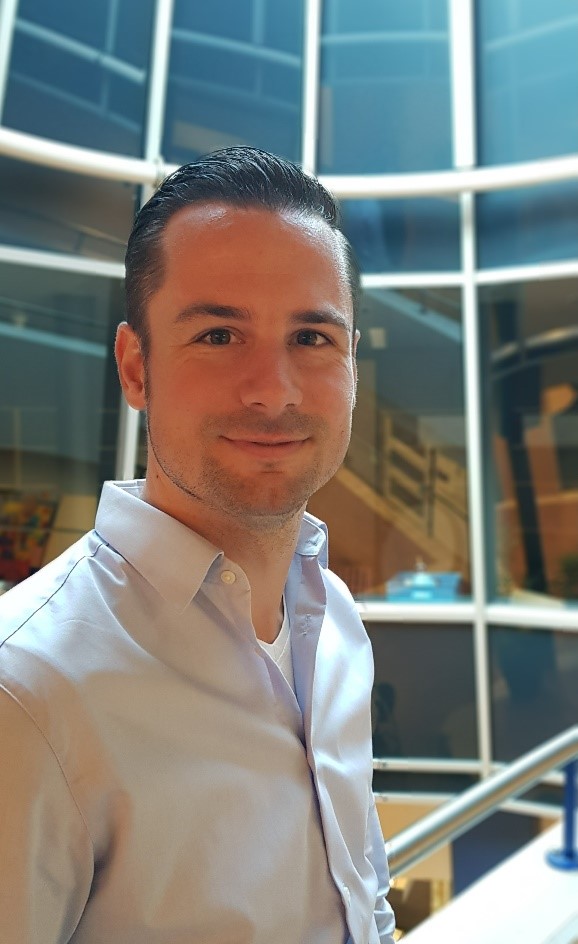 |
Bart Zuidberg Police work is in many cases about human behavior, their thoughts and emotions. Knowledge from psychology is therefore relevant in a large part of police work. Bart Zuidberg works as a investigative psychologist for the police. Investigative psychologists apply their knowledge in the operation. Examples of common use in case studies are interrogation advice, risk assessment, assessment of statements and behavioral investigation advice.
2003 - 2007 Bachelor Cognitive Psychology - 2007 - 2008 Master Psychology and Law (Legal Psychology) - 2008 - 2012 Master of Criminal Investigation - Dutch Police Academy 2012 - 2016 Detective in multiple criminal investigations - Dutch Police 2018 - 2019 Postmaster education investigative psychologist - RINO group 2016 - now Investigative psychologist - Dutch Police |
Alumni Perspectives May 2022
 Registration website for Alumni Perspectives May 2022
Registration website for Alumni Perspectives May 2022Alumni Perspectives May 2022alumni-fpn@maastrichtuniversity.nl
Alumni Perspectives May 2022alumni-fpn@maastrichtuniversity.nlhttps://www.aanmelder.nl/alumniperspectivesmay2022
2022-05-24
2022-05-24
OfflineEventAttendanceMode
EventScheduled
Alumni Perspectives May 2022Alumni Perspectives May 20220.00EUROnlineOnly2019-01-01T00:00:00Z
Maastricht UniversityMaastricht UniversityMinderbroedersberg 4-6 6211 LK Maastricht Netherlands
